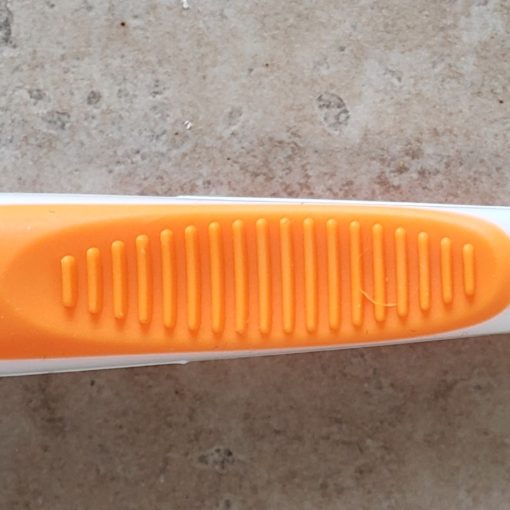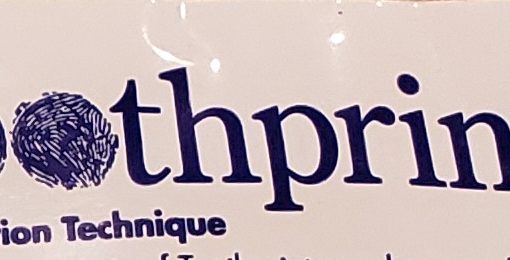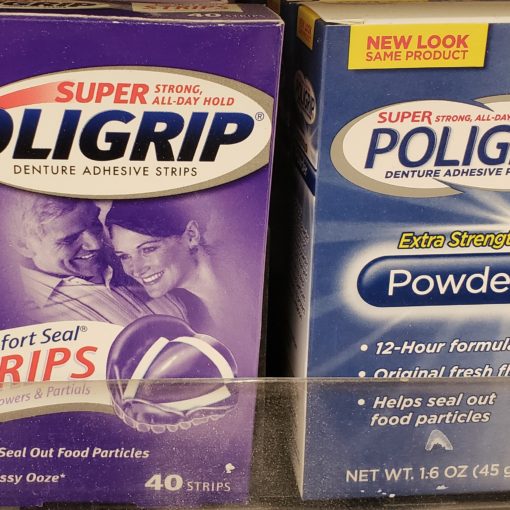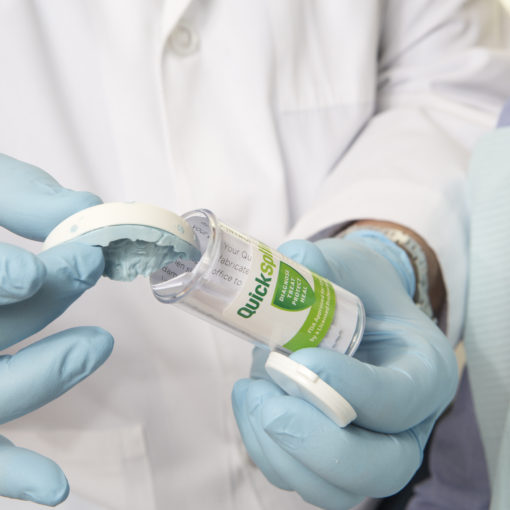XYLITOL
Xylitol is recommended to use as a product after meals to reduce plaque, inhibit adhesion of bacteria to the teeth and reduce contact time of sugars on the teeth. For maximum benefit, research has shown consuming it throughout the day, divided into multiple doses is the most effective. This dosing schedule maximizes the amount of time the bacteria it affects and are exposed to it. An average of six to 10 grams a day, divided into three to five doses, continually for six months to a year is assumed the maximum anti-cavity protection. A beneficial dose of xylitol is 1-20 grams in people five years and older. It has not been determined if it’s effective in preventing tooth decay in children under five years old.
Xylitol is mostly derived from birch or corn.
Birch is non-GMO and harvested from the bark of the birch trees. Since, Birch is more expensive to process it, it may be more costly as a product.
Corn
Corn is non-GMO and harvested from the cob of the corn. It’s cheaper to process, so the product should be less costly. Through the production process all the proteins are removed that may cause a corn-based allergen reaction.
DOGS
Dogs and xylitol are not a good combination, to where it can be fatal for them. Small amounts of xylitol can cause low blood sugar, seizures, liver failure and death in dogs. A toxic dose is .1g -1 kg.
PRODUCTS
Some products may list xylitol under “other ingredients” or “inactive ingredients” or “supplemental ingredients” or as a “sugar alcohol”. So basically, it may be obvious or it may not be obvious. Usually if xylitol is meant to be beneficial, for marketing purposes it will be promoted with xylitol on the labeling.
Below I listed some common product names that use xylitol, although there are many more out there. Many sugar-free and diabetic products may use xylitol for the sweetener, so if the product states sugar free or diabetic on it, there’s a good chance it has xylitol in it.
Mouthwash. Spry, Epic
Chewing gum. Spry, Orbit, Epic Dental, Trident, Lotte, Miradent, Confadent
Sugar-free candy.
Mints. Spry, Dry mouth, Epic
Peanut butter. Go Nuts, Nuts ‘N More, P28
Baked goods.
Cereals.
Sugar-free jellies and jams.
Fruit drinks.
Vitamin supplements. Now, Nature’s Bounty
Sugar-free puddings and jello.





